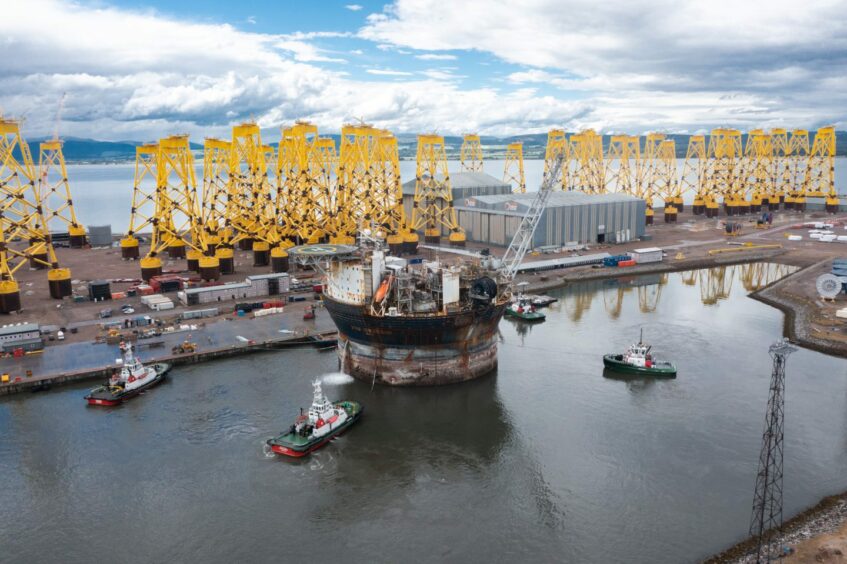
Dagang NeXchange (DNeX) has announced a profitable quarter, as higher volumes and oil prices drove held up earnings across the company.
The Malaysian-listed group (KLSE:DNEX), which owns Aberdeen-based Ping Petroleum among a series of other ventures in energy and IT, reported a pretax profit of 19.2 million ringgit (£3.2m) on revenues of 327m (£55m).
While its technology division remains the “main contributor” to topline revenues (48%) compared to energy (35%), the latter arm drove the bulk of pretax profits with some 23m ringgit (£3.9m) generated during the three months from June to September.
DNeX noted the period saw higher average oil prices and higher lifting volumes, while its technology and corporate arms reported pretax losses.
It comes as the group alters its financial year end from 30 June to 31 December, therefore accounting for an additional two quarters in its next annual results.
Nevertheless, DNeX said it maintains a healthy cash position, generating net cashflow from operating activities of 330m (£56m) ringgit during the 15 months to the end of September and a positive cash balance of 691.9m (£117m).
Fyne progress
It follows news that Ping has completed a deal to take on a 42.5% share of Licence P2451 containing the Fyne field, which lies near the Anasuria floating production, storage and offloading (FPSO) unit in the central North Sea.
Fyne has an estimated 75 million barrels equivalent of stock tank oil initially in place and lies in Block 21/28b, at a water depth of about 90m, around 10 miles from the Anasuria FPSO.
The development plan for Fyne would see a single well development tied back to the FPSO, with first oil mooted in 2026.
At the same time, Ping has also expanded its presence in the Abu Cluster at the East Coast of Peninsular Malaysia.
This expansion results in a diversified portfolio encompassing three assets in the UK (Anasuria, Avalon and Fyne) and three assets in Malaysia (Meranti Cluster, A Cluster and Abu Cluster), Dnex said.
Work is currently ongoing to revamp the Excalibur FPSO at Nigg, ahead of proposed deployment to Avalon in 2025.
“We consider the recent extension of voluntary oil production cuts by OPEC+ as a positive development, as it will contribute to higher oil prices, strengthening our position as an upstream producer,” noted executive chariman Tan Sri Syed Zainal Abidin Syed Mohamed Tahir.
“Also, this is expected to benefit OGPC by driving increased demand for technical products and equipment.”
However it is also calculating the effects of the UK’s Energy Profits Levy (EPL), which has contributed to a deferred tax expense of 202.4m ringgit (£34.2m). These are largely based on the taxable temporary differences expected to be reversed over the EPL window up to 31 March 2028.
In the previous quarter, the deferred tax includes net deferred tax liabilities of 2.4m (£410,000) attributable to the EPL.